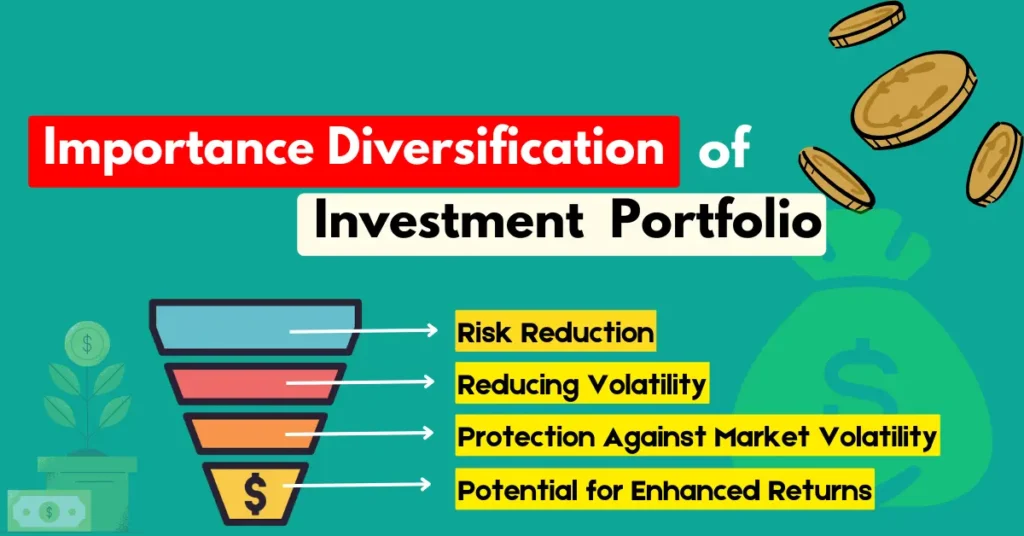Are you US non-resident who is interested in investing in US Stocks? But don’t know how to invest in US Stocks as a Non-Resident?
Then don’t worry here is an Ultimate guide for Non-Resident interested in investing in US Stocks.
Investing in U.S. stocks is important for growing your wealth. The U.S. stock market is the biggest and most active in the world, offering many different investment opportunities.
It has a strong history of good long-term returns due to innovation and solid company management. Investing in U.S. stocks also helps protect against economic ups and downs and inflation. With leading global companies, it provides strong investment potential and stability.
Therefore, including U.S. stocks in your portfolio is essential for achieving balanced and successful financial goals.
What are US Stocks?
U.S. stocks are shares in companies based in the United States, traded on exchanges like the New York Stock Exchange (NYSE) and NASDAQ.
When you buy a U.S. stock, you own a small part of the company, giving you a share of its profits and assets. U.S. stocks come in different types, like common and preferred, and cover many sectors, such as technology, healthcare, and finance.
They are known for being easy to buy and sell, transparent, and offering high returns, making them a popular choice for investors around the world.
Why Invest in US Stocks?
Non-resident people should invest in U.S. stocks because of the market’s stability, ease of buying and selling, and strong track record.
The U.S. stock market offers many investment opportunities in top global industries like technology, healthcare, and finance. When you invest in U.S. stocks as a non-resident, you can access innovative companies and diversify your investments internationally.
The U.S. market’s rules ensure transparency and protect investors. With the potential for high returns and economic stability, investing in U.S. stocks as a non-resident is a smart way to grow your wealth and meet your financial goals.
Also Check:
How to Invest in the US Stock Market from India?
If you are looking for a guide for investing in US stocks, but don’t know how to do it. So to invest two distinct ways is Direct and Indirect investment.
Now here, your query How Can I Invest in the US Stock Market will be solved soon
Let’s discover both ways to invest in details
Direct investment in stocks
How can you directly invest in foreign stocks from India? You can invest in the U.S. stock market by opening an international trading account with a domestic or foreign broker. Make sure to check the fees before choosing the best app to invest in U.S. stocks.
By Opening a Trading Account with a Domestic Broker
Indian people can invest in U.S. stocks by opening a trading account with a domestic broker that offers international services. Many Indian brokers partner with U.S. brokerage firms, making it easy to access the U.S. stock market.
If you’re wondering how to buy U.S. stocks in India, the process involves completing the required paperwork, following regulations, and funding your account. Investing through a domestic broker makes transactions easier and provides support tailored to Indian investors.
It also ensures you can manage your portfolio efficiently while complying with local tax laws and regulations.
By Opening a Trading Account with a Foreign Broker
Indian people can invest in U.S. stocks by opening a trading account with a foreign broker that offers access to the U.S. stock market.
If you’re wondering how to buy stocks in the US, this option lets you directly engage with global markets and access a wider range of investment opportunities. By teaming up with a foreign broker, Indian investors may enjoy lower transaction fees and more flexibility in managing their portfolios.
The process involves filling out the necessary paperwork, following regulations, and funding the account with your chosen investment amount. Investing through a foreign broker offers simplicity and the potential for better diversification.
Also Check:
Indirect investment in stocks
Just like with local investments, you can invest in US stocks indirectly without buying them directly. This way, you can gain from the performance of US stocks without owning individual shares. Here are two options to consider:
1. Indirect investment in stocks via mutual funds
People who don’t live in the US can invest in US stocks through mutual funds. These funds gather money from many investors to buy a mix of stocks managed by experts.
It’s an easy way for non-US residents to get into the US market without dealing with the hassle of buying individual stocks. Plus, it gives you diversity and the help of professional managers.
2. Exchange-traded funds (ETFs)
People who don’t live in the US can invest in US stocks through Exchange-Traded Funds (ETFs). ETFs are like collections of stocks that are traded on exchanges.
They offer a simple way for non-residents to get into the American market. By investing in ETFs, non-residents can spread their money across different US companies without buying individual stocks.
This lets them benefit from how the market performs and spreads out their investments.
3. Investing via New-Age Apps
People who don’t live in the US can invest in US stocks using modern investment apps. These apps make it easy to access the American stock market right from your phone.
They have features like fractional investing, which lets you invest in small parts of stocks, and they provide helpful educational materials.
So, even if you’re not in the US, you can easily invest in US stocks using these apps.
Also Check:
Understanding the Various Charges to Invest in US Stocks as a Non-Resident
When people from other countries invest in US stocks, they have to pay different charges.
These include fees for buying and selling stocks, converting currency if they’re using a different one, and sometimes paying to maintain their account. It’s important to compare different places where you can invest to find the best deal.
Tax Collected at Source
Tax Collected at Source (TCS) is a fee that non-residents might have to pay when investing in US stocks. It’s taken directly by the US government from certain transactions like dividends or interest payments.
The amount you pay can vary, affecting how much you earn from your investments. So, it’s important to know about and think about this fee when you’re planning to invest in the US stock market.
Capital Gains & Dividend Tax
Non-US investors in US stocks may owe capital gains and dividend taxes. Capital gains tax is paid when selling stocks for a profit, while dividend tax applies to dividends received from companies.
Understanding these taxes is important for managing investment returns.
Bank Charges
Non-residents investing in US stocks may have to pay bank charges like foreign transaction fees and currency conversion fees.
These fees can impact how much you spend and earn, so it’s smart to compare different banking options.
Brokerage Fees
Non-residents investing in US stocks may need to pay brokerage fees. These fees are what brokerage firms charge for helping you buy and sell stocks.
They can differ, so it’s wise to compare them when picking a platform to invest with.
Foreign Exchange Rate
If you’re not from the US and you invest in US stocks, you need to think about exchange rates. That’s because when you use a currency other than the US dollar, you might have to pay fees for converting your money.
These fees can change how much you spend and earn, so it’s good to keep an eye on exchange rates.
Conclusion
In summary, investing in US stocks as a non-resident is achievable with the appropriate strategies. Through avenues like exchange-traded funds (ETFs), mutual funds, modern investment apps, and overseas trading accounts, non-residents can readily engage in the US stock market.
How to Invest in US Stocks as a Non-Resident? It’s important to think about things like brokerage fees, foreign exchange rates, and taxes when you’re deciding how to invest. Make sure to do your research and understand all the charges involved. By staying informed about what’s happening in the market, non-residents can successfully handle the details of investing in US stocks and move closer to their financial goals.
In short, if you’re not from the US, you can still invest in US stocks.
You can do this through things like exchange-traded funds (ETFs), mutual funds, modern investing apps, or accounts with brokers outside the US. Just remember to think about things like fees, exchange rates, and taxes.
By doing some research and staying informed, you can invest in US stocks and work towards your money goals.
Frequently Asked Questions on How to Invest in US Stocks as a Non-Resident
How NRI can invest in US stocks? Yes, NRIs can invest in US stocks. They can add money from their foreign bank accounts, but it shouldn’t be part of the Liberalized Remittance Scheme (LRS). They can also transfer funds directly from their bank accounts online or from their foreign bank accounts to their US investing accounts. This was confirmed on May 10, 2024.
The good news is that as of March 22, 2024, there’s no rule stopping non-residents from opening a US brokerage account or owning certain stocks, bonds, or mutual funds. So, non-residents can invest in US markets if they want to.
You can invest in the US stock market by opening a trading account with a domestic or foreign broker. Just make sure to check the charges before picking the right app for investing in US stocks.
Yes, you can buy international (US) stocks on Groww. Just log in to your Groww account to get started.



